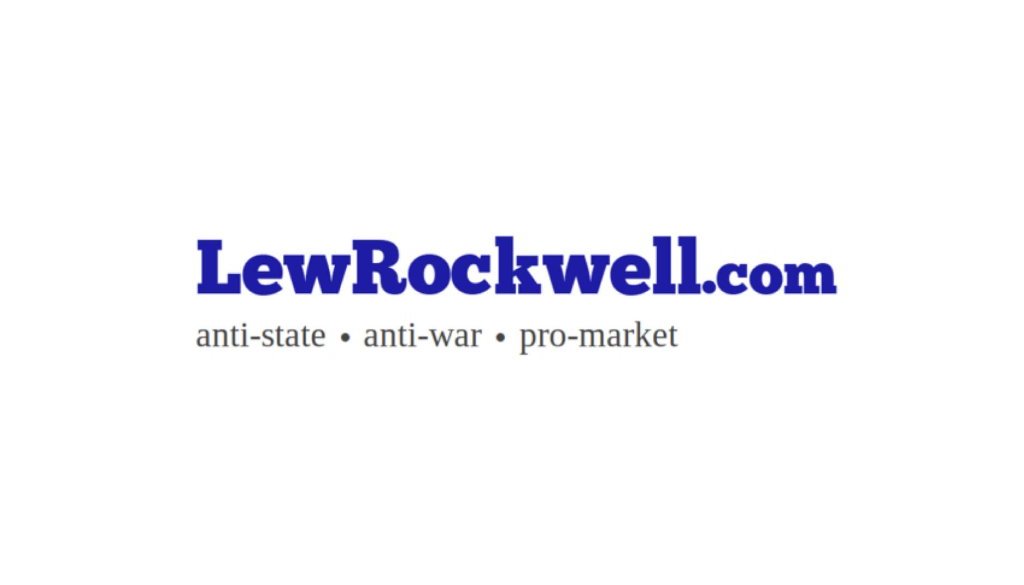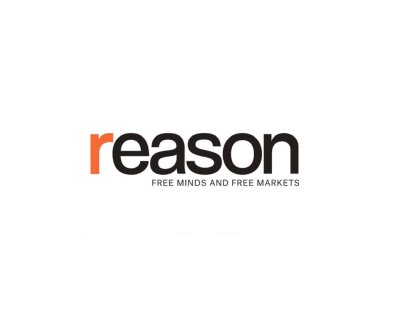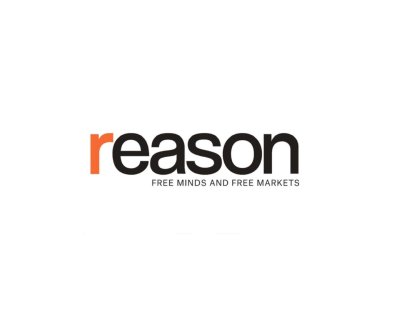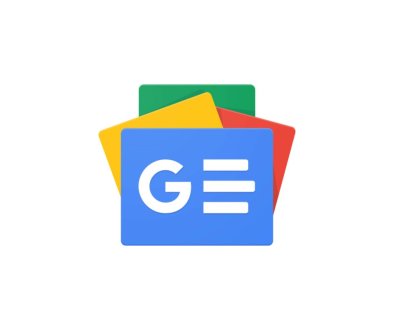Is Social Media Actually ‘Media,’ Or Is It Something Else?
By placing search/social media in the bucket of newspapers, radio and TV networks, perhaps we’ve obscured their true nature as “Digital Marketing Mechanisms.”
Language is a funny thing. If we don’t have a word for something, in some way it doesn’t exist. When we find a word in another language that describes this something, we borrow the word, for example schadenfreude from German and tsunami from Japanese.
If we use an existing word to describe something novel, we may mis-categorize it, in effect obscuring its true nature. For example, calling a whale a “fish” makes a certain kind of sense (an animal that lives in the sea), but it doesn’t capture the fact that the whale is a mammal, not a fish.
Which brings us to social media, and the possibility that it isn’t actually “media” at all, and we’ve obscured its true nature by mis-categorizing it as “media.” This distinction isn’t merely academic; it has significant real-world consequences.
Let’s begin with the “media” that existed when the the US Constitution was drafted and ratified. “Media” wasn’t a word in usage at the time, and what we understand today as “media” was understood as “the printed word” in newspapers, flyers, posters, periodicals and books. This is the origin of the Constitution’s focus on “free speech” and the “free press”: Congress shall
Article from LewRockwell

LewRockwell.com is a libertarian website that publishes articles, essays, and blog posts advocating for minimal government, free markets, and individual liberty. The site was founded by Lew Rockwell, an American libertarian political commentator, activist, and former congressional staffer. The website often features content that is critical of mainstream politics, state intervention, and foreign policy, among other topics. It is a platform frequently used to disseminate Austrian economics, a school of economic thought that is popular among some libertarians.




